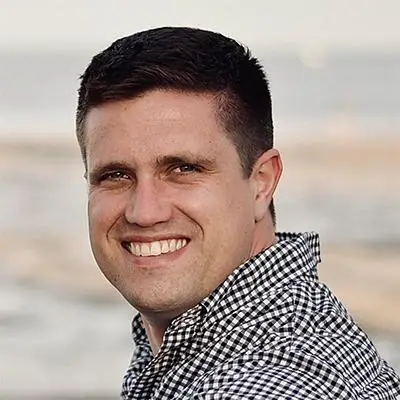Seattle, Wash. – New research from the Center on Reinventing Public Education shows how parents in New Orleans and Washington, D.C., experience school choice for children with disabilities.
Researchers from CRPE, the Brookings Institution, and Tulane University conducted focus groups with families and assessed the policy landscape in both cities. They also analyzed school choice application data for students with disabilities in New Orleans.
Key findings include:
- School quality and the ability to find a good “fit” are much larger concerns to families than the process of choosing. Our analysis of New Orleans choice applications shows families of students with disabilities tend to opt for the highest-rated schools. However, they feel many schools lack the specialized expertise to support every student.As a result, families often feel forced to choose between what they perceive as low-quality inclusion and specialized, segregated programs for students with disabilities. One New Orleans parent put it bluntly: “There are a limited amount of good schools with not enough seats.”
- Families still need much more help finding the best fit, even as information and support for the choice process have improved. Official information, such as school performance data, is too limited to allow families to assess how well schools are equipped to meet their children’s needs. Parents often felt forced to do their own research.One parent told us: “When I was trying to rank the schools [for the choice application], I called the schools and asked about their autism programs, and I got some very vague answers.”
- The need for advocacy never ends, no matter the type of school. Families in both cities, across all types of schools, described instances of “counseling out,” failure to provide services, and lack of follow-through on promises to serve all children.
The briefs also highlight lessons any city can draw upon to improve special education:
- Encourage collaboration, and shared services and supports, across schools. Autonomous charter schools struggle to create economies of scale that allow them to create specialized programs and hire staff with special education expertise. City leaders must help schools pool resources.
- Improve the pipeline of school leaders who prioritize special education. Our recent study of special education in charter schools found assertive leaders are key to effective education of students with disabilities. Districts and authorizers should incentivize schools to cultivate these leaders by prioritizing special education in their strategic plans and charter renewal process.
- Train teachers in effective inclusion. We must put pressure on local and national teacher education program developers to rethink how to prepare both general and special educators to work with students with disabilities and emphasize the need for high expectations for these students.
- Understand the family experience in order to improve it. City leaders must continuously ask families about their ability to access the available information, what gaps continue to exist, and how they can creatively support students with disabilities effectively.
- Improve the availability of information. Cities must ensure schools provide truthful, substantive information about special education programming, while also making it clear that all students are welcome and will be accommodated if they enroll.
Both cities have seen growing narratives about the challenges choice and decentralization create for families of students with disabilities. Our briefs offer a clear view of these issues through parents’ eyes. They also highlight the ways that family choice, school autonomy and accountability, and new community partnerships are helping the cities address these challenges and offer better educational opportunities to all students.
Researchers will continue to build on these findings in further reports coming later this spring. To schedule an interview with a researcher who worked on this project, please contact Travis Pillow at 407-376-3105 or tpillow@uw.edu.
About CRPE
Part of the University of Washington Bothell, the Center on Reinventing Public Education is one of the nation’s leading sources for transformative, evidence-based ideas to improve education. To ensure all students are prepared for the future, CRPE puts forward rigorous research and policy analysis to help educators, policymakers, civic and community leaders, parents, and students themselves reimagine education systems and structures. Learn more about CRPE’s current research here.



